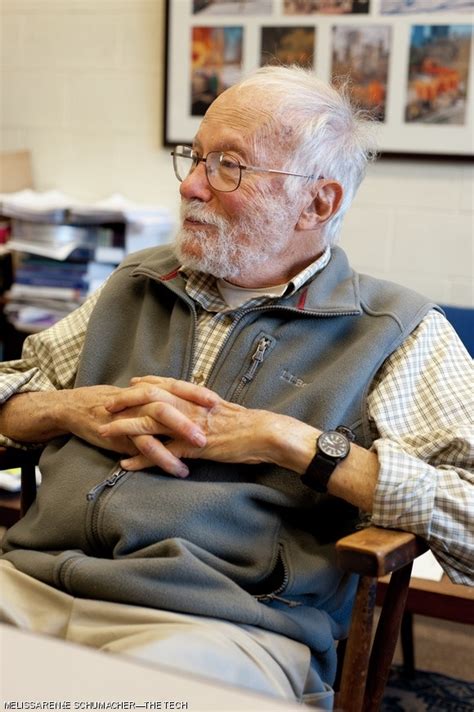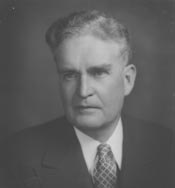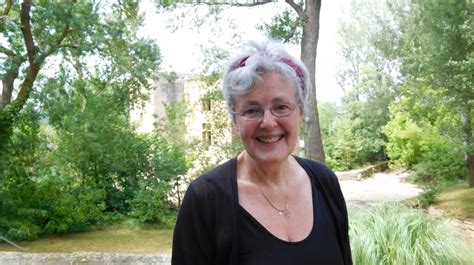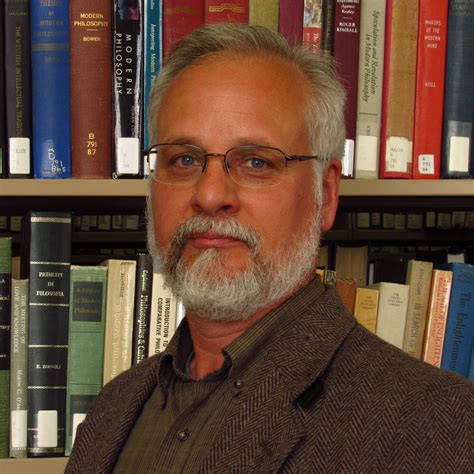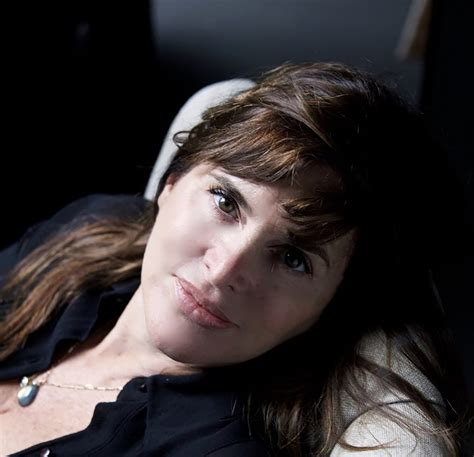A Quote by Michael Dirda
For even the ordinary well-read person, the French Enlightenment is largely restricted to the three big-name philosophes: Diderot, Rousseau, Voltaire.
Related Quotes
The Treatise of the Three Impostors is a book that enjoyed centuries of notorious nonexistence until (as Voltaire would say) it became necessary to invent it. Georges Minois writes with empathy, erudition, and a novelist's sense of buildup and timing, weaving in the parallel story of Europe's courageous freethinkers. In the face of today's social and even legal pressures against criticizing religion, it is good to see an honorable French tradition asserting itself.
Well, there's just some universal truths in a way that I've just observed to be true. You read Voltaire. You read modern literature. Anywhere you go, there's these observations about romantic love and what it does people, and these rotten feelings that rarely are people meaning to do that to each other.
As with Hobbes, we see again, the power of fiction. Rousseau's acount of natural man was no more real than Hobbes's, but following the same pattern, once it became the accepted story of human origins, it thereby exercised the power of a self-fulfilling prophecy. In imagining Rousseau to be right, we have become what Rousseau imagined.



